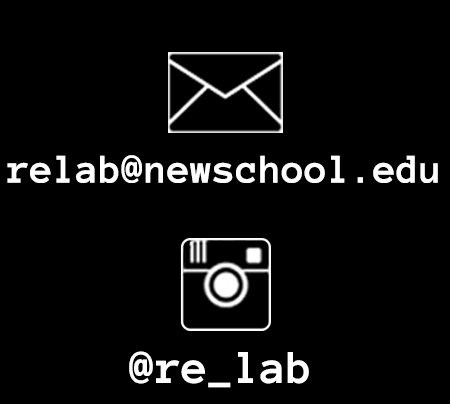Fall 2020 // Week 2 Discussion by Maliyamungu Muhande
What is my focus and can it align with a focus to reducing the demand for technology? Through media, I want to explore present realities to gain insight into the history of black people. I am focused on using film as the medium to document the stories of communities of African descent in my pursuit to reclaim identity and celebrate the unrepresented in media. I want my films to be visual critiques of the way black people have been misrepresented in media, pulling from history and current events to build a rightful archive for future generations.
I needed a moment to reflect and revisit my focus after sinking in a new awareness of my carbon footprint, ready to refocus but overwhelmed by my pessimism. Laura U. Marks essay, made me realize that my focus has been blurred by a need and desire for validity. Unconsciously, I have inherited the notion of media immateriality, and progress toward verisimilitude as a measurement of viewers validation of the work I create. This is rooted in the belief that the high resolution will “draw you in” in hopes that the viewer can reflect and challenge years of oppressive ideologies that have been represented about black people.
Low-res, small-file media are sexy, literally, because unlike high-resolution media that, in Marshall McLuhan’s term, “push” out at the viewer, these crunchy and approximate movies can draw you in.
Marks reference to McLuhan’s term “push”, challenged me to consider that my use of high resolution is doing the later, on the moral and ethical compass. Morally my films in high resolution can’t penetrate the audience it is made for and ethically I am participating in a damaging environmental system.
When considering the intersection of media and environmentalization, can one reduce the demand and desire “for immediacy, intimacy, and interactivity that streaming satisfies” without rejections from the media gatekeepers/ technological governance of our time?


